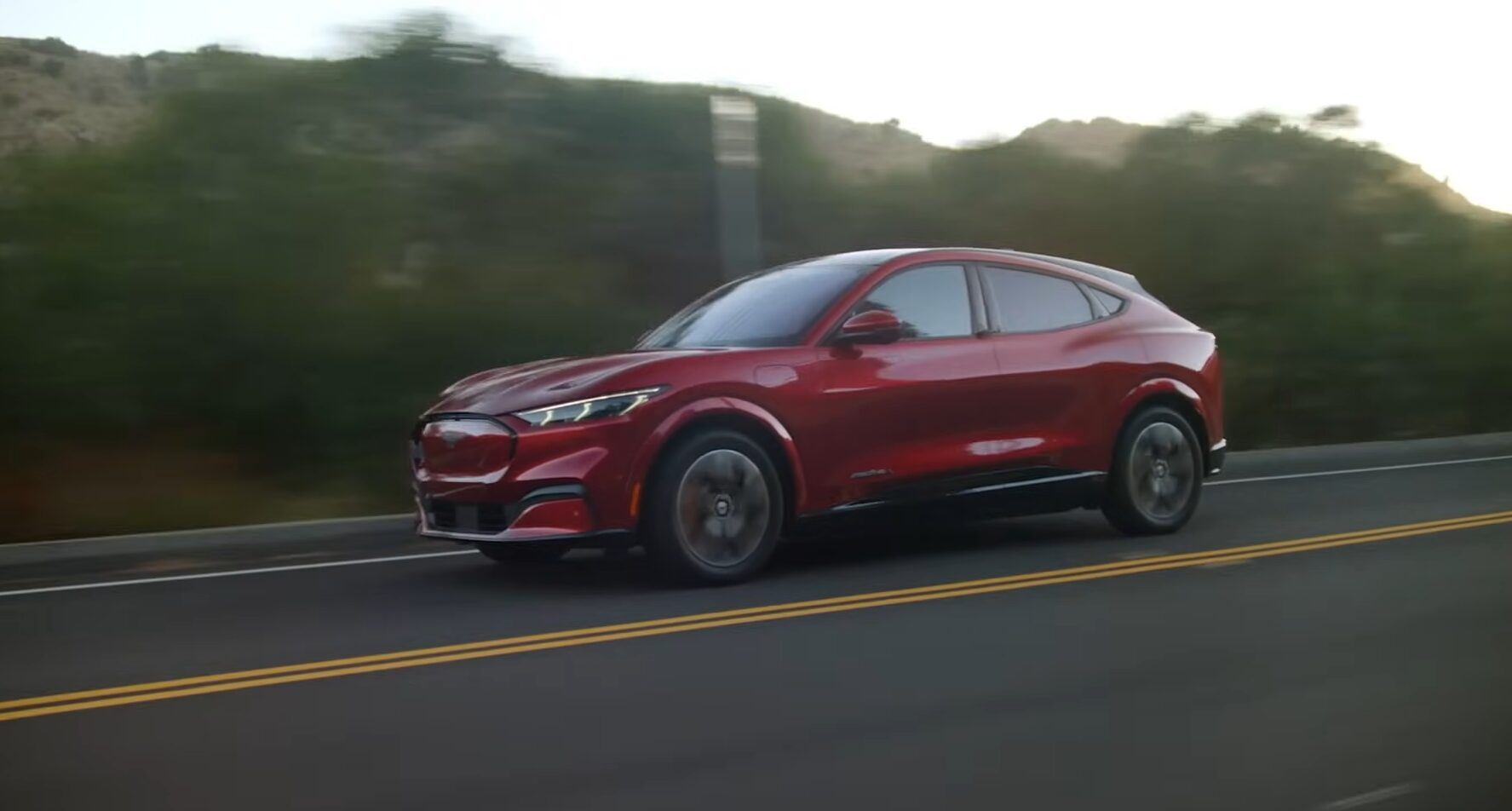An auto industry lobbying group is requesting that Donald Trump preserve regulations that promote investment in electric vehicle technologies. In a letter dated November 12th which was recently made public. John Bozzella, President and CEO of the Alliance for Automotive Innovation, asks the president-elect to protect “provisions in the tax code (including the 2017 Tax Cuts and Jobs Act) [that] support the development of next-generation automotive technologies, including EVs, in the U.S.” The AAI lobbies the U.S. government for the interests of nearly every legacy car manufacturer one could name, from Mazda to Ferrari to GM, as well as other companies associated with the industry, like Uber and Texas Instruments in the technology sector. They even count the multinational chemical company BASF as one of their partners.
While the letter also bemoans the “federal and state emissions regulations (particularly in California and affiliated states)” as part of the “headwinds” the industry faces, the request to maintain the tax code provisions that promote investment in EVs indicates that these companies have already made shifts in their processes towards those technologies that are not easily undone. “Navigating these challenges is especially acute for heavily regulated automakers and suppliers,” the letter says, “because of our multi-year design and manufacturing cycles and the significant capital expenditures necessary to bring any new vehicle to market.” An analysis from Reuters in 2022 found that 37 global automakers plan to spend a combined $1.2 trillion in electric vehicles and batteries by 2030. The letter also calls for “reasonable and achievable emissions regulations.”

Donald Trump spoke out aggressively against electric vehicles at times during his presidential campaign. During his nomination speech in July, he vowed to “end the electric vehicle mandate on day one,” a reference to the Biden White House’s stated goal of having 50 percent of all new vehicle sales be electric by 2030. The former president also called the federal spending on electric vehicles and chargers a “green new scam,” twisting the name of the progressive flagship climate change policy, the Green New Deal. By August, however, he was singing a different tune as Elon Musk emerged as one of his most significant backers. “I’m for electric cars,” he told supporters at a rally in August, “I have to be, because Elon endorsed me very strongly.” Tesla is not affiliated with the AAI.
Bozzella’s letter also appears to anticipate the president-elect’s stated commitment to tariffs and seeks to mollify his hardline approach. “The federal government and the auto industry share the goals of preserving economic and national security and ensuring the U.S. remains the global leader in automotive innovation,” the letter says. It then cautions that due to global supply chains, “changes cannot happen overnight,” and urges Trump to “support the industry as it transitions critical supply chains away from foreign adversary nations.”











